X
This article was co-authored by Clinton M. Sandvick, JD, PhD. Clinton M. Sandvick worked as a civil litigator in California for over 7 years. He received his JD from the University of Wisconsin-Madison in 1998 and his PhD in American History from the University of Oregon in 2013.
This article has been viewed 57,738 times.
If your teenage child is arrested, it’s important that you stay calm and seek professional legal help quickly. Try to find out more information about the situation, but don’t encourage your child to incriminate themself or confess to anything. Allow an attorney to deal with the police and act as your child’s representative.
Steps
Part 1
Part 1 of 3:
Assessing the Situation
-
1Stay calm. If you have just received a phone call from the police informing you that your teenage child has been arrested and is being held at your local station, it’s important that you keep your composure. You will most likely be angry, upset and concerned, but you need to stay calm to deal with the situation as effectively as possible.
- Don’t rush to judgement, either of your child or the police officers who arrested them.
- You need to act quickly and go to where your child is being held, but you should find out more information about the situation before taking any actions beyond this.
-
2Find out what’s going on. Once you receive the call you should head to the station straight away. You need to try and find out as much information about the arrest and the circumstances around it as possible. Try and speak to your child face-to-face, but understand that you have limited rights. You will generally be able to speak to your child before they are interviewed, but you don’t have a federal right to be present during the interview.
- The rules vary by state, and some states do require consultation with parents for questioning.
Advertisement -
3Don’t attempt to act as a lawyer. You will probably be angry and upset with your child, but it’s important that you act calmly and get professional legal help. Don’t try to act as a lawyer or do anything which might encourage your child to incriminate himself. The best rule is not to say anything until you have a lawyer present.[1]
- Well-meaning parents can hurt their child’s case by inadvertently waiving their rights, or agreeing to a search of their home unnecessarily.
- Even if you think your child has done something wrong, you shouldn’t make them talk to the police and confess to anything.
- The police may have a very weak case, and a criminal record can have a big impact on the rest of your child’s life.[2]
-
4Tell your teen to ask for a lawyer when they're arrested. Unfortunately, there is a myth that the police cannot interview minors without a parent or legal guardian present. Only twelve states do not allow the police to begin questioning minors until their parent, guardian, or lawyer arrives, but in all other states, the police are only required to call the parents or guardians that their child is under their custody, but they do not have to tell them they intend to question them. That means in the majority of states, despite not being adults, teens are deemed old enough to waive their own rights without a parent present.
- Teenagers are the most at risk of police interrogations, this is because the police will not take them seriously as they do with adults and the police can legally lie to them to get a confession.
- Teens are far more likely than adults to fall for police tricks and confess. Only two states (Illinois and Oregon) ban the police from lying to people under 18, but in all other states, the law permits the police to lie.
Advertisement
Part 2
Part 2 of 3:
Getting Legal Help
-
1Hire an attorney. If the police intend to charge your child with a crime, you should not hesitate to get professional legal help. You should hire an attorney who is a specialist in Juvenile Law. A Juvenile Law attorney will be more focused and experienced in dealing with teens, and will work towards finding a solution that is in the best interests of your child.
- This could include a drug treatment programme, counselling, or something else.
- Criminal law tends to put these elements secondary to the punishment of the offender.
-
2Share information with your attorney. If you have any information that may help your child’s case, you should be sure to share this with your attorney as soon as possible. The attorney needs as much information as possible to best argue your child’s case. For example, if you know of witnesses that could support your child, you should inform the attorney immediately.
- If your child has a learning disability or mental health problem, explain this carefully to the attorney.[3]
- The resolution to a case will take into account these factors. Even if you think it’s not relevant, give your attorney the information, and discuss how to proceed with her.
-
3Gather documents that support your child. One thing you can do which might help your child if the case continues and ends up in court, is to gather together documentation and reports that testify to your child’s character. Try to find records of your child’s achievements and certificates. Collect all their school report cards, and think about who to contact to ask for character reference letters. You could ask teachers, people from the local church, employers and neighbours.
- Be careful about how you approach the character reference requests. You will have to be honest and explain what you need them for.
- You will often be asked to submit school report cards to court in any case.
- Do not take it upon yourself to write to a judge about your child, or submit any documents directly.
- Always consult with your attorney and follow her advice on what is appropriate and what isn’t.[4]
Advertisement
Part 3
Part 3 of 3:
Talking to Your Child
-
1Address the issue. Your child will most likely be released on bail and you need to take the time to talk through everything with them. It might be painful and difficult, but it’s important that you confront the issue head on and try to work out a way forward together. How you react to the situation can have a big impact on how your child moves on. Try to talk as directly as possible about any underlying issues that may have contributed to criminal behaviour.
- Say something like, "This is a serious situation, and I need you to explain to me how we got here."
- It’s important that they understand the seriousness of the situation.
- If your child finds it hard to talk to you about it, encourage them to talk to a trained counsellor.
- Sometimes people find it easier to explain their emotions and problems to a stranger.[5]
-
2Reassure them. Being arrested is a difficult experience and your child will be feeling scared and uncertain, even if they don't appear to be. It's important that you find the right balance between ensuring they understand the seriousness of the situation and takes responsibility for their actions, and reassuring them that there is a way through this.
- Explain that you will support them and help them to turn things around.
- Say something like, "You've messed up, but you can put it right and learn from the experience."
- Reassure them that you still love them, but explain how them actions are hurting you.
- If they come to realise the impact of their actions on you, it might help them to change.[6]
-
3Stay supportive and work together. It’s important that you take on your responsibilities as a parent and understand that non-custodial sentencing is to a significant extent reliant on the parents. You have to work together with your child to ensure that they stick to whatever programme they have been assigned to. It could be a drugs treatment programme, a schedule of counselling appointments, or community service commitments.
- All programmes will require active participation, and if they fail to attend they may be remanded in custody.
- Often the parent will be required to attend these programmes with her child, so it’s crucial that you work together to get through it.
- Try to think of it as a chance to correct mistakes before the consequences get too severe.
-
4Ensure your child knows their rights. As well as working to correct any criminal behaviour and seeking help for any drug or alcohol related problems, it’s important that your child learns about his rights when arrested by the police. For whatever reason, your child may be arrested again. Acting calmly and with a full knowledge of how to react can make a big difference. A repeat offence is generally much more serious than a first offence.
- Make sure your child understands that they must request to speak to a lawyer before speaking to the police.
- They should understand that a police officer can act as if they have more information than they actually do;
- They must recognise that everything they says to the police can be used against them. Something that seems harmless at the time can look different in a court.
- As a rule, don’t talk to the police before speaking with a lawyer.
Advertisement
Warnings
- Most states allow teenagers to be transferred to criminal courts for violent misdemeanors and felonies. If your teen is convicted as an adult, they will not get special treatment and have a permanent criminal record for the rest of their life so hire an attorney/lawyer as soon as possible.⧼thumbs_response⧽
Advertisement
References
- ↑ http://www.topjuveniledefender.com/what_if_arrested.html
- ↑ http://www.forbes.com/sites/deborahljacobs/2012/06/22/8-hand-holding-tips-if-your-child-gets-in-trouble-with-the-law/
- ↑ http://www.topjuveniledefender.com/what_if_arrested.html
- ↑ http://www.topjuveniledefender.com/what_if_arrested.html
- ↑ http://www.troubledteens.biz/what-to-do-when-your-teen-gets-arrested-part-1/
- ↑ http://www.familylives.org.uk/advice/teenagers/behaviour/how-do-you-discipline-teenagers/
About This Article
Advertisement
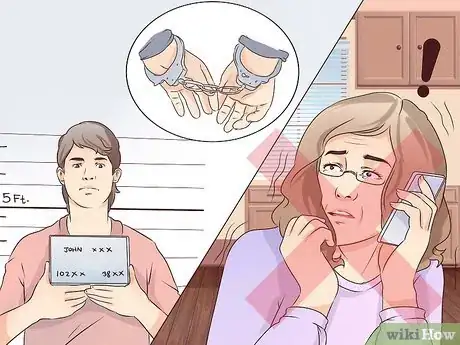
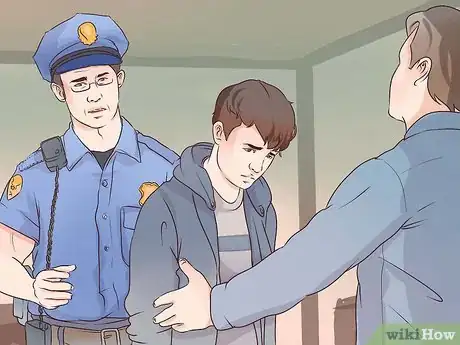
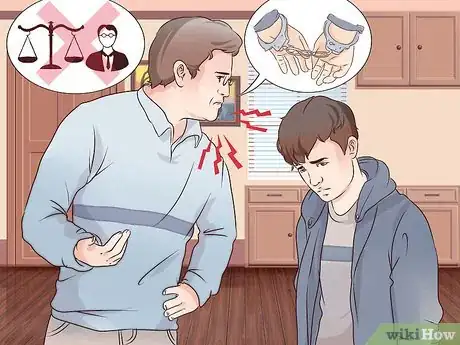
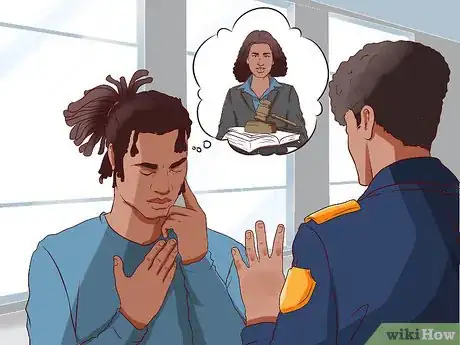
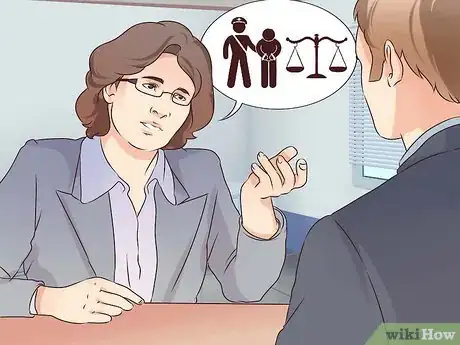
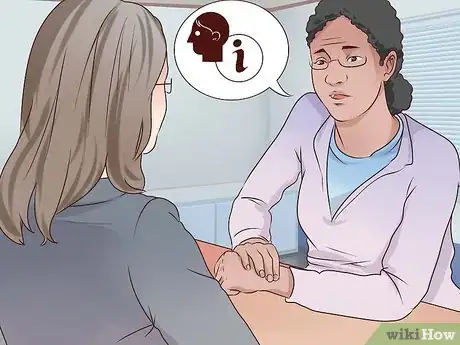
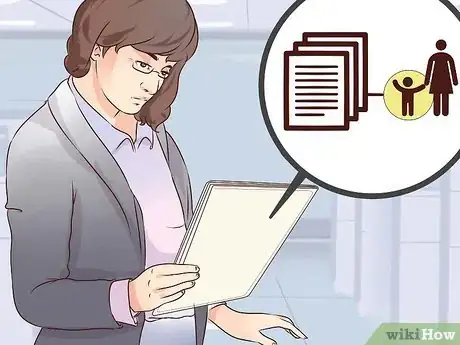
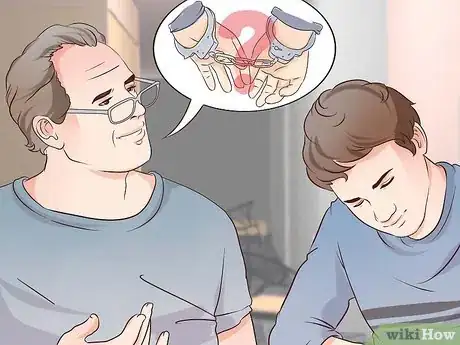
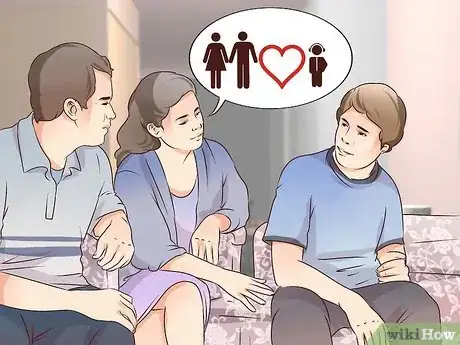
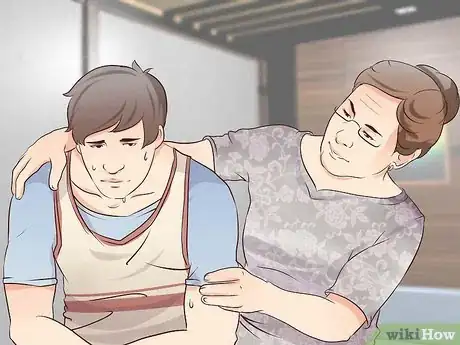
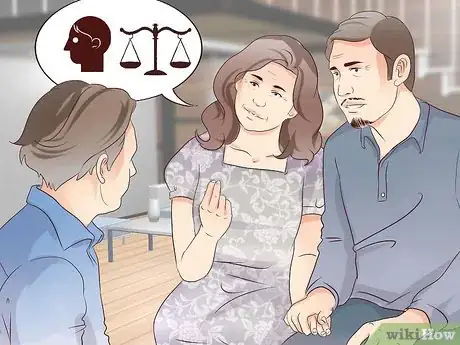


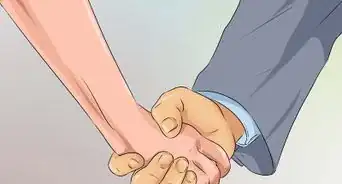
-Step-19-Version-3.webp)
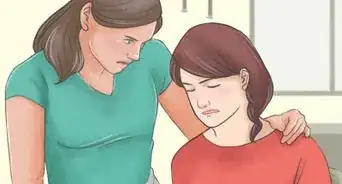
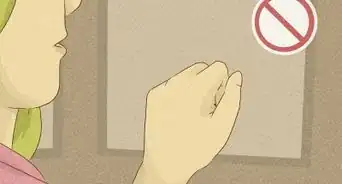





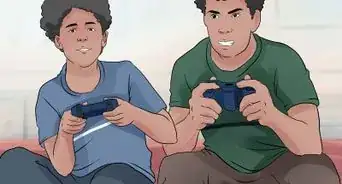












-Step-19-Version-3.webp)


































